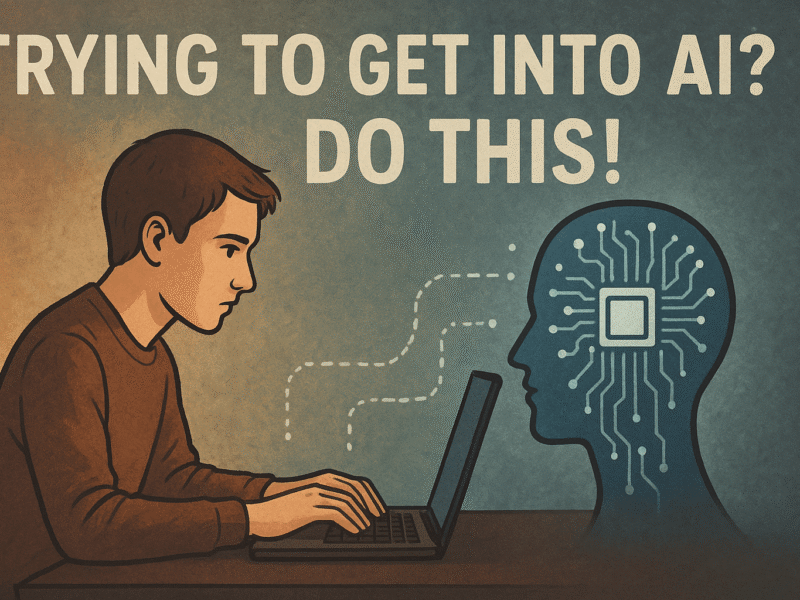Deductive reasoning is a fascinating logical process that has shaped thought and reasoning for centuries. By linking specific premises to broader conclusions, this method invites clarity and precision in argumentation. Often referred to as top-down logic, deductive reasoning operates on the principle that if the premises are true, the conclusion must also be true. This logical framework is utilized in various fields, from mathematics to philosophy, enabling us to draw sound conclusions based on accepted facts.
What is deductive reasoning?
Deductive reasoning is a logical approach that begins with general statements or premises and utilizes them to reach a specific conclusion. This process is highly structured and relies on the integrity of the premises to ensure accurate conclusions. In deductive reasoning, the flow of reasoning is akin to a cascading waterfall, where one piece leads to the next, culminating in a final conclusion.
The logical process of deductive reasoning
The foundation of deductive reasoning lies in the careful formulation of premises. These premises are statements considered to be true, and they serve as the starting point for arguments. The logical connection leads to conclusions that must also hold true, provided the original premises are accurate. For instance, if we start with the premises “All humans are mortal” and “Socrates is a human,” it follows that “Socrates is mortal.” This step-by-step progression illustrates how deductive reasoning operates within daily scenarios.
Importance of deductive reasoning
Deductive reasoning is crucial for effective critical thinking and is applicable in everyday decision-making. In various fields such as education, law, and science, the ability to construct sound arguments based on established premises enhances reasoning skills. Mastering this logical process can foster greater confidence when making inferences from multiple premises, thus facilitating clearer communication and problem-solving.
Application in artificial intelligence
In artificial intelligence (AI), deductive reasoning often finds its foundation in propositional logic, where logical statements are constructed and manipulated. AI systems utilize deductive reasoning for tasks ranging from basic problem-solving to complex decision-making processes. However, challenges arise in creating systems that can understand nuanced common sense reasoning, which requires not only the ability to follow logical rules but also the context surrounding premises and conclusions. Examples include AI assistants that make recommendations based on user input, illustrating how deductive reasoning informs their processes.
Historical context: Aristotle and deductive reasoning
Aristotle, often regarded as the father of deductive reasoning, laid the groundwork for logical systems still in use today. Central to his work is the concept of syllogism, a form of reasoning where a conclusion is drawn from two premises. For instance:
- Premise 1: All mammals are warm-blooded.
- Premise 2: All dogs are mammals.
- Conclusion: Therefore, all dogs are warm-blooded.
This example underscores the power of syllogism in drawing valid conclusions from related premises. Aristotle’s contributions to logical reasoning continue to influence fields such as philosophy, mathematics, and science.
Comparison with inductive reasoning
Inductive reasoning stands in stark contrast to deductive reasoning. While deductive reasoning moves from general premises to specific conclusions, inductive reasoning operates conversely. It involves gathering specific observations to form broader generalizations. For example, if a person observes that all swans they have seen are white, they may conclude that all swans are white. This process highlights the inherent differences in how each reasoning type constructs knowledge and addresses uncertainty.
Practical implications of understanding deductive reasoning
Grasping both deductive and inductive reasoning is essential for effective problem-solving. By applying the techniques of deductive reasoning, individuals can enhance their critical thinking skills and make informed decisions across different contexts, from academic inquiries to professional environments. Understanding these logical frameworks enables clearer communication and more robust analytical skills, ultimately leading to better outcomes in various areas of life.

